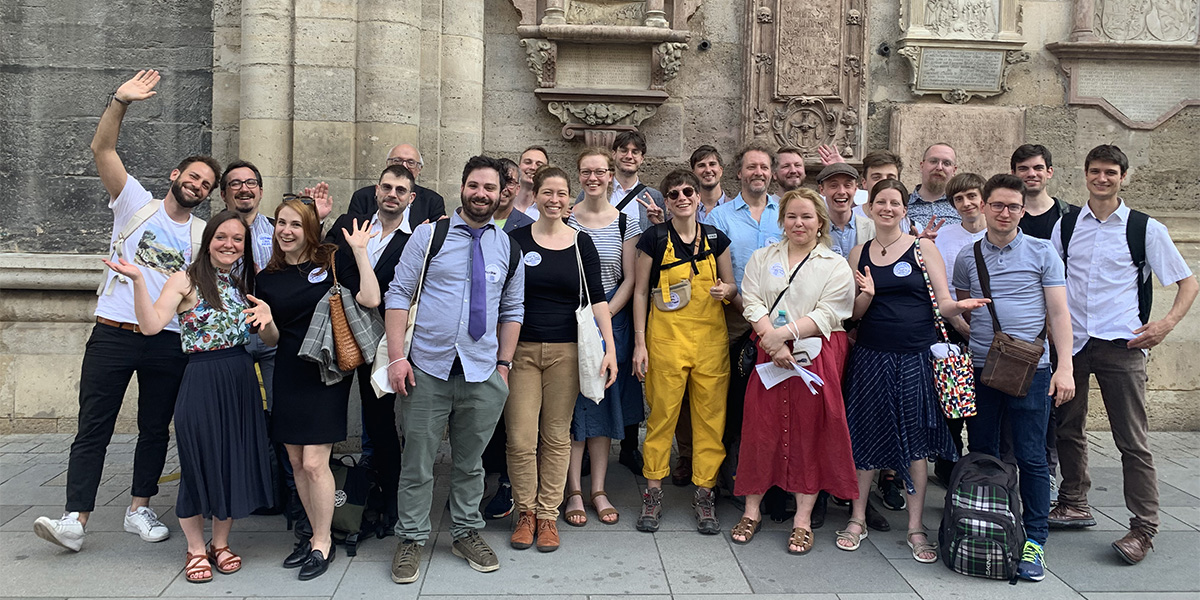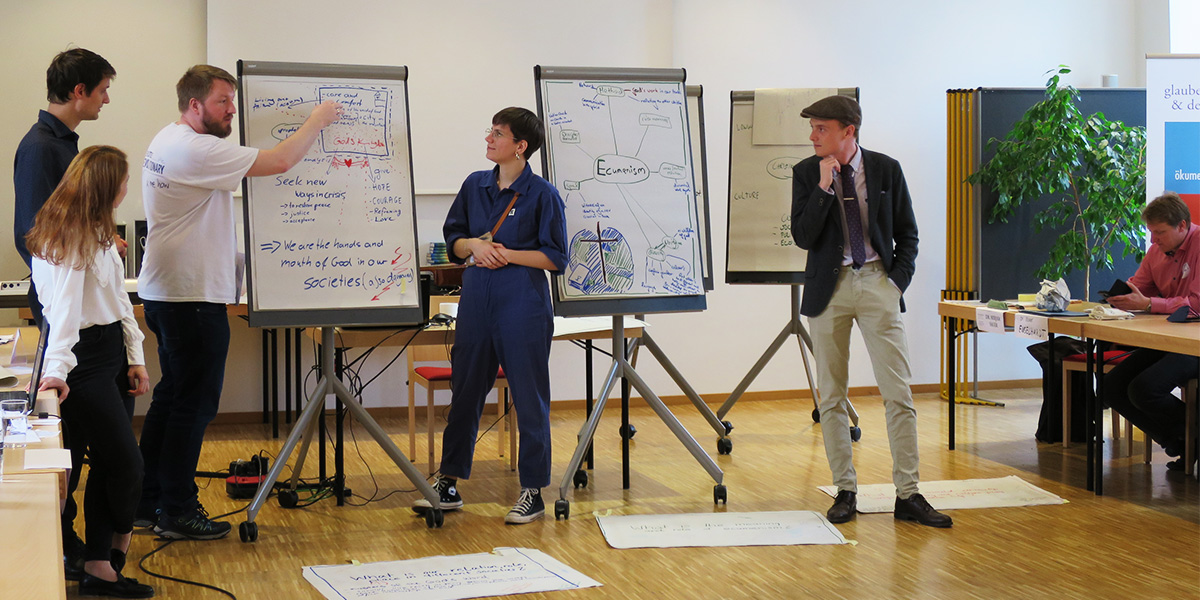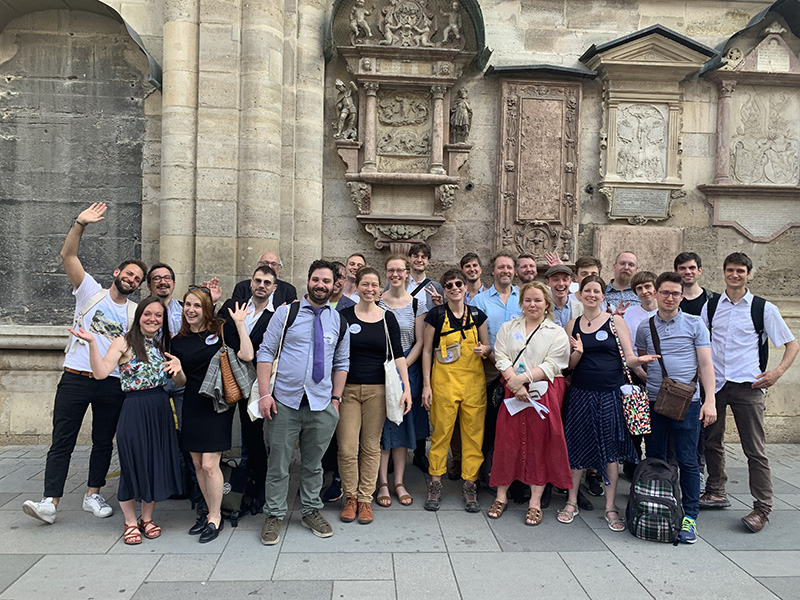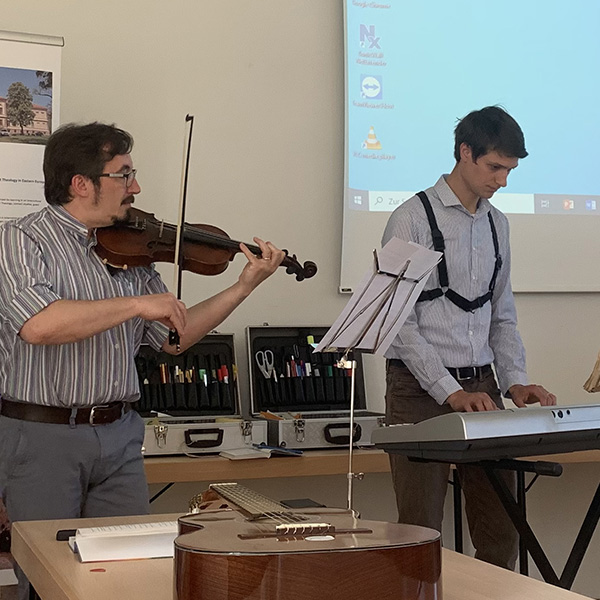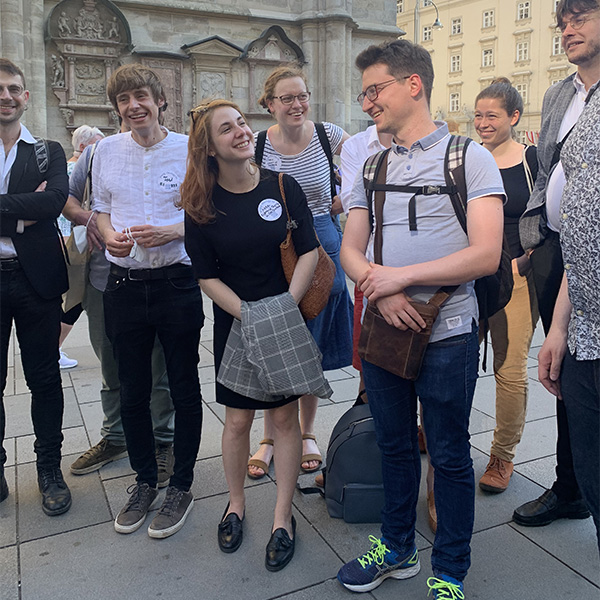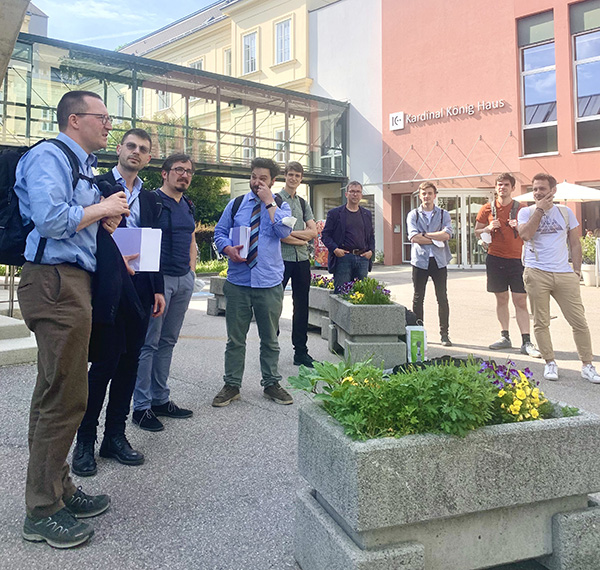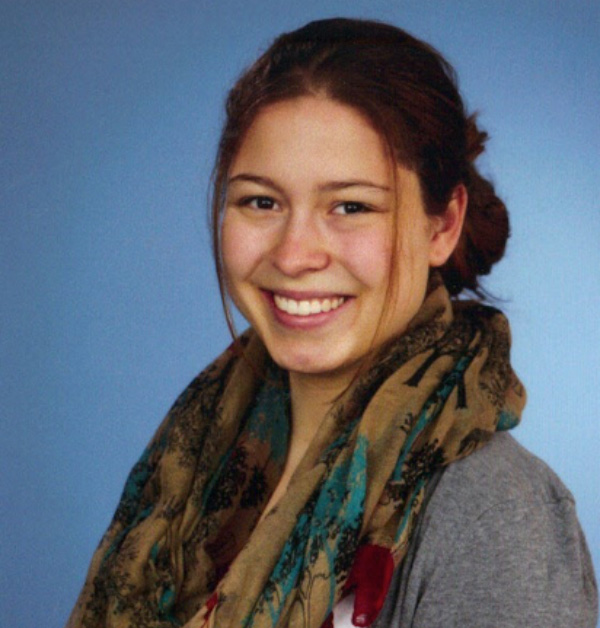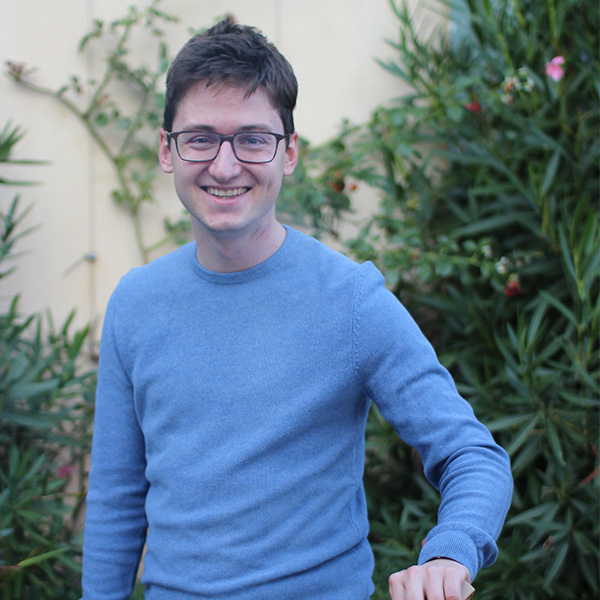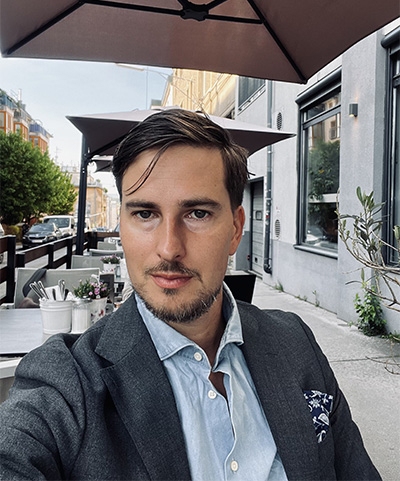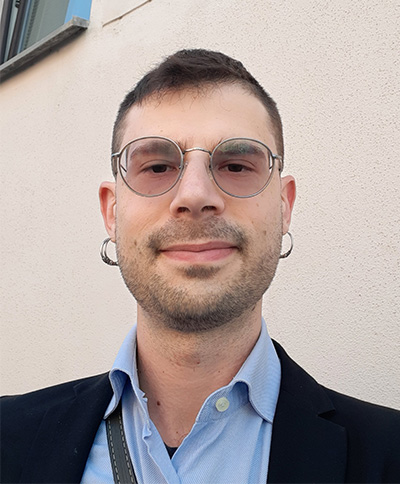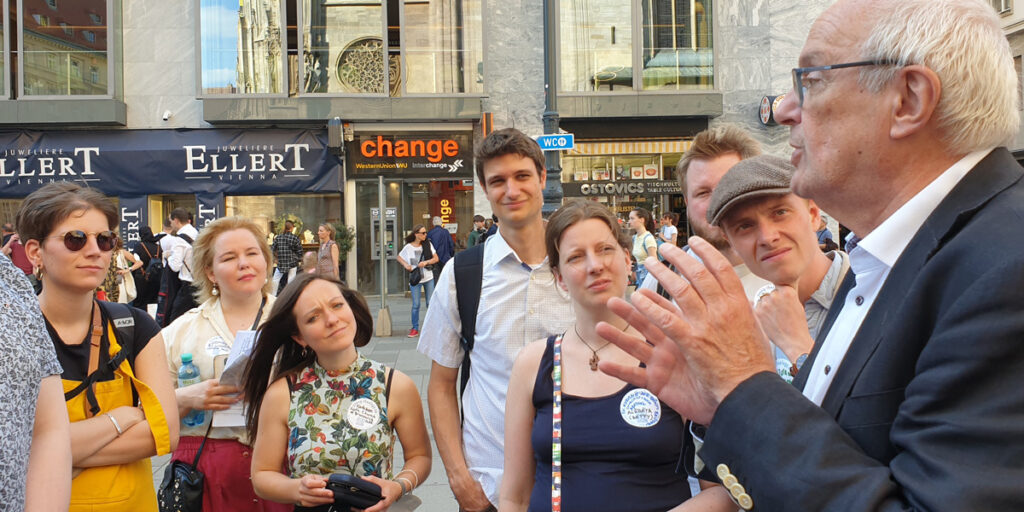
Forum Young Theology in Europe met in Vienna
With much praise and fresh impetus, 22 young theologians from 12 countries look back on an eventful meeting of the Young Theology in Vienna in May 2022. The topic sounds rather difficult: “Protestantism between nationalism and cosmopolitanism”. Is there nationalism in the Protestant Church? “Yes,” says Volkmar Ortmann, Privatdozent in church history at the University of Giessen, Germany.
“The Protestants are not everywhere as cosmopolitan as they like to claim.” That has a lot to do with the local historical developments. Ortmann, who organised this conference of the Protestant Federation of Hesse together with European partners, knows that Protestantism in Europe shows many traditions of its own, up to and including nationalistic currents. “But,” adds his colleague Mirijam Sauer, “language, nationality and identity naturally belong closely together.” Thus, Protestant minorities, as in Transylvania, find strength through their cultural imprint with their own identity.
And because identity is far from being nationalism, the conference team developed the term “toxic nationalism” and distinguished it from “national identity”: “We can’t help it, says Anna Lerch from Switzerland, “where we were born, what language we learned first and what costume we wear at festivals”, but she is of the opinion that we are responsible for ensuring that this healthy “national identity” does not become toxic.
Continue reading “The eu as a strong foundation for the churches”

